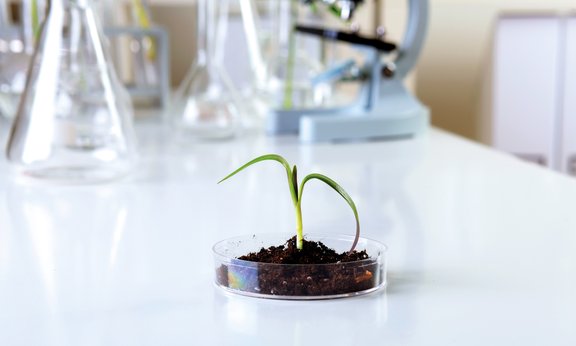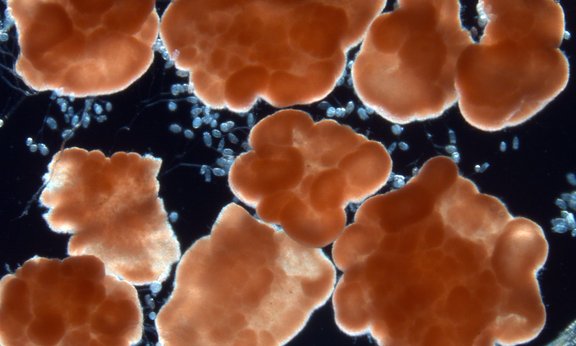Master’s Programme Ecology and Biodiversity
You want to deepen your knowledge from aquatic to terrestrial habitats and learn more about the impacts of biodiversity loss and habitat change as well as human impact on ecosystems?
The students of the Master’s Degree Programme Ecology and Biodiversity learn to act and think scientifically when dealing with interdisciplinary topics and challenges in the fields of ecology, biodiversity and evolution.
Graduates will have acquired theoretical and practical competencies to contribute to creating a society that is sustainable and capable of critical thinking. Students may specialise choosing from a variety of ecological disciplines.
Study Code
UC 066 833
FAQ
Graduates possess highly specialized knowledge in the fields of ecosystem and landscape ecology, limnology, and terrestrial animal and molecular ecology. They are able to demonstrate their abilities in fundamental research and applied science at the intersections of organisms, habitats and society through their capacity to formulate and susbtantiate arguments scientifically and to find innovative solutions to problems.
The goal of the Master's Programme Ecology and Biodiversity is the attainment of scientific knowledge and working methods for all ecologically-relevant disciplines and occupations.
The main emphasis is on the acquistion of knowledge in aquatic and terrestrial ecology, from molecular ecology to landscape ecology. The spectrum includes the relationships between organisms, populations, biocenoses and their environment, the structure and function of ecosystems and landscapes, and biodiversity and global change. Students treat research-related and application-oriented issues based on theoretical and experimental laboratory and field approaches. Much of the teaching content is closely linked to the key research areas "ecology of the Alpine region" and "mountain agriculture".
Career opportunities may include:
- careers in research and application-oriented areas, such as activities as an expert or consultant in politics, administration and economics,
- management positions and scientific work in private and public institutions (e.g. ecological risk management, nature and landscape conservation, biomonitoring, agricultural research, molecular ecological laboratories),
- research and teaching positions at universities and other national and international research institutions.
The master's programme also prepares students for doctoral studies.
Graduates tracking: Shows which occupational fields students enter after graduation
Department of Ecology Limnology Landscape Ecology Molecular Ecology Examination Office Information for students with disabilities
Curriculum
From the field
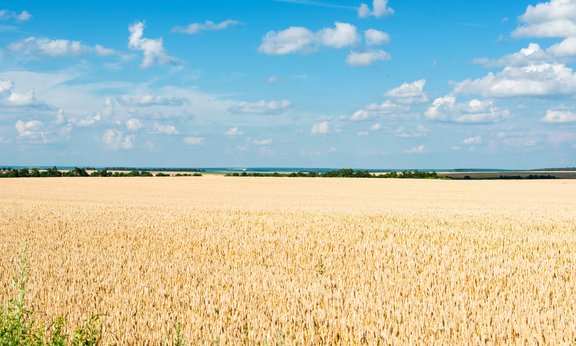
Biodiversität: Klima wird zum Hauptakteur
Den bislang umfassendsten Blick in die Vergangenheit und Zukunft der globalen Biodiversität wirft eine aktuelle Studie im Fachmagazin Science: Intensive Landnutzung verringerte die biologische Vielfalt um bis zu rund 10 % im Laufe des 20. Jahrhunderts. Bis 2050 könnte die Klimakrise zum Hauptfaktor für weitere Einbußen der Biodiversität werden. Lauren Talluto vom Institut für Ökologie ist Teil des Autor:innen-Teams.
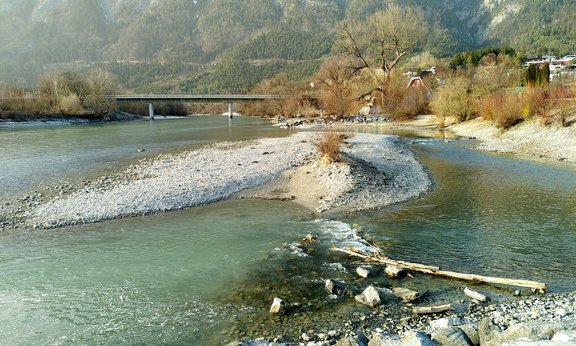
Alpine Fließgewässer werden wärmer
Alpine Gewässer erwärmen sich schneller als erwartet und besonders in den Wintermonaten. Dies zeigt eine aktuelle Publikation des Innsbrucker Ökologen Georg Niedrist, in der er Langzeit-Messdaten des Hydrologischen Dienstes des Landes Tirol vom Inn und der Großache analysiert hat.
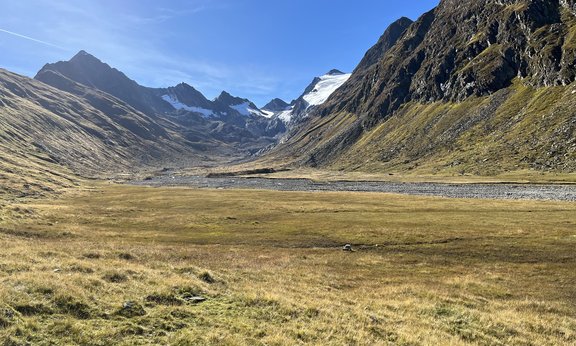
Hochalpine Tierarten brauchen mehr Schutzzonen
Schmelzende Gletscher aufgrund der Erderwärmung durch die Klimakrise haben massive Folgen für die Biodiversität im Alpenraum, wie ein internationales Forscher:innen-Team mit Beteiligung des Innsbrucker Ökologen Leopold Füreder nun erstmals für einen Zeitraum zwischen 2020 bis 2100 zeigt. Demnach droht zahlreichen wirbellosen Arten der Verlust ihrer Lebensräume. Die Forscher:innen plädieren für einen Ausbau von Schutzzonen auch in Gletschervorfeldern. Die Studie wurde in Nature Ecology & Evolution veröffentlicht.
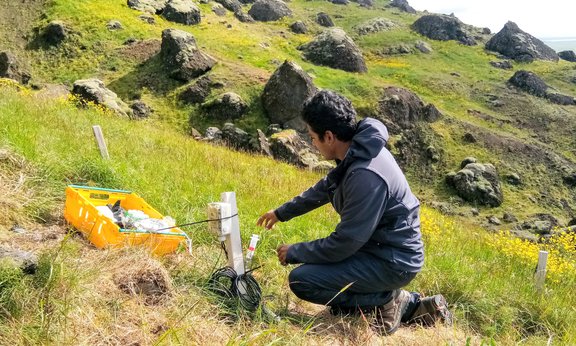
Kohlenstoffkreislauf beschleunigt sich
Böden sind die größten natürlichen Kohlenstoffspeicher der Welt. Im hohen Norden ist dieser Speicher besonders groß, er ist dort aber auch besonders stark von der Klimaerwärmung betroffen. Eine kürzlich erschienene Studie eines internationalen Teams um Michael Bahn von der Universität Innsbruck untersuchte, wie die anhaltende Erwärmung die Aufnahme und Freisetzung von Kohlendioxid im Grasland der Subarktis beeinflusst. Als natürliche „Klimakammer“ nutzen die Wissenschaftler:innen ein geothermisch aktives Gebiet in Island.
Related studies

Atmospheric Sciences (Master)
Master of Science

Chemical Engineering (Master)
Diplom-Ingenieur*in

